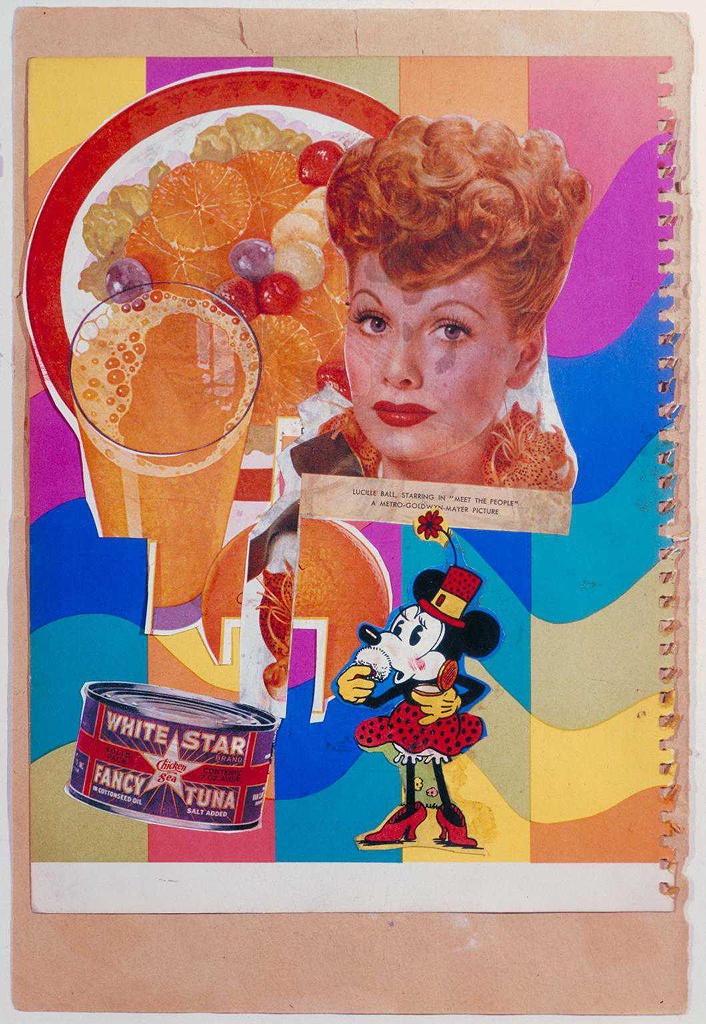CopingBetter

Sir Eduardo Paolozzi: Meet the People (1948)
"What's that latest book about, David?"
©2022 by David A. Schmaltz - all rights reserved
Once an insight visits, the real work begins, to interpret and explain it. The initial insight passes quickly. It might linger for less than a minute, perhaps less than a second, a flash of lightning, difficult to believe it was ever there once it leaves. The interpretation relies upon observational memory, the type of observation taken when blinking, uncertain anything was even seen, but fueled by a flush of conviction. Something terribly profound just happened. Let's not let it get away from us, now.
The first impression might serve as little more than an anchor for the receiver of the insight, an index, a reminder. Later, deeper descriptions might come which even later might layer into ever deepening understanding. That initial spark might keep repeating such that any reader might notice that the writer, that Author, tends to sort of repeat himself. Didn't he already previously say that? Well, of course he did, for no writer receives more than his own allocation of insights, a spare handful in his lifetime, and so most of his suppers turn out to be leftovers in slightly different gravies. The same themes tend to come up again and again and it might well seem as if the author must certainly possess a remarkably short memory. Of course he does. Don't we all? He keeps returning like an ocean-going fish back to his native waters. He's not a one-note singer, but he ain't no choir, neither.
My meme, my anchoring philosophy seems to be centered around one great insight which proposed that perhaps what I struggled with was not very likely a problem but a feature and so the solution to the apparent problem probably wasn't for me or anybody to fix anything, but to better cope with its presence. This insight came at a point of great frustration where I had been sincerely struggling to fix an overwhelming problem which I had not managed to fix. I was ready to call it quits when this insight visited. It proposed that I lay down my sword and my shield and stop battling this problem, and even questioned whether the difficulty even qualified as a problem in the first place. The insight suggested that I refer to 'it' as a difficulty instead; no longer a problem, but a rather clinical difficulty. No need to solve it if it's not a problem. Might acceptance resolve my frustration? Could I "just" cope with it and thereby evaporate its malign influence upon me? Turned out I could.
I became a man on a curious mission, then, not to solve the world's problems, but to more satisfyingly cope with them instead. Yes, I can too get some satisfaction. I manage to get some daily. I don't usually even need to try so hard. It's frankly more difficult to sing the blues about problems I don't possess than to cope with the difficulties I have. Mine aren't special or especially onerous, and each, it seems, has no solution. I'm therefore not a problem solver, but a difficulty-coper. My goal has been to learn how to cope better, though I sometimes manage only to cope worse. Either way, I fuel my experiences with acceptance, if only because the way it is tends to just be the way it is, no exceptions. What's that latest book about, David? CopingBetter, as usual.


